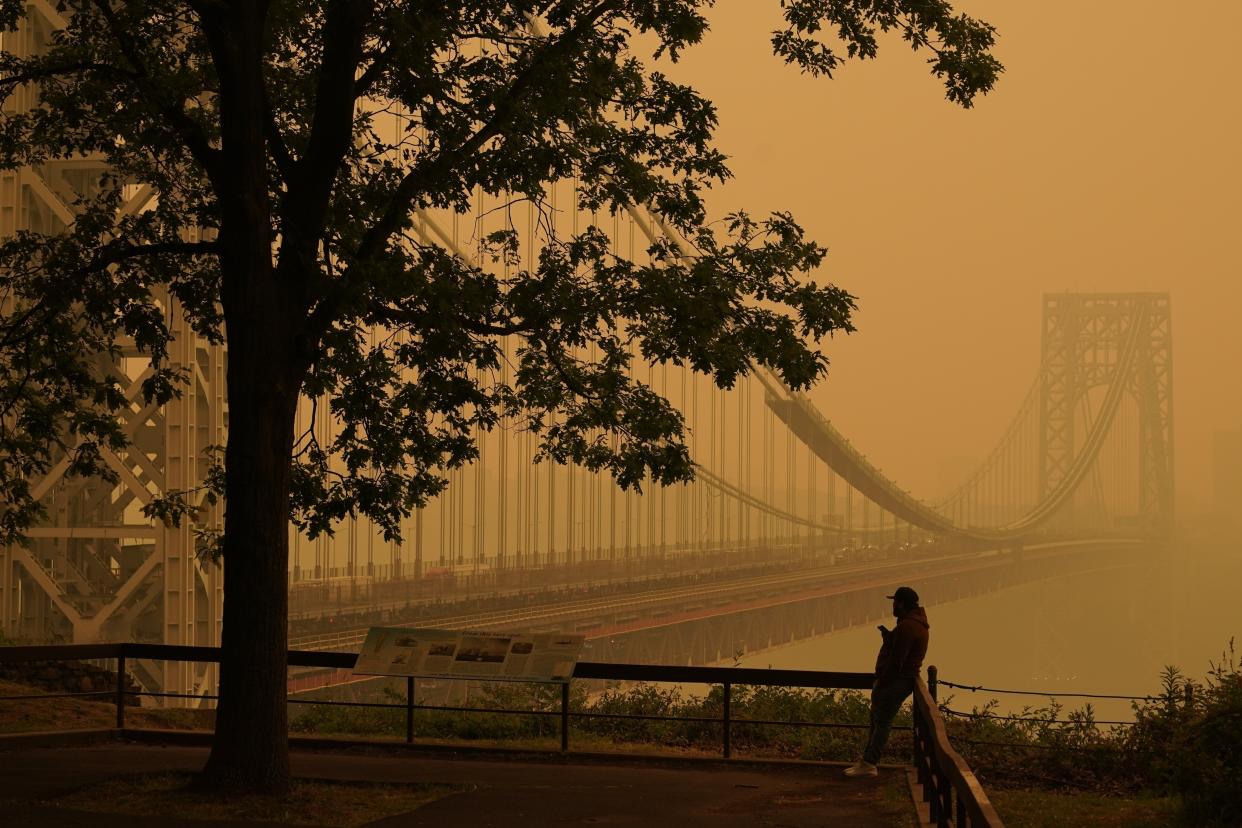2023 obliterates temperature records to become warmest year in recorded history

In 2023, the effects of climate change were so pronounced that scientists confirmed it would be the warmest year in recorded history before December even began.
Released on Nov. 30, a report by the Word Meteorological Organization confirmed that, thanks to months of record-breaking heat, there was virtually no chance that the final month of the year could prevent 2023 from taking its place as the warmest year since humans began keeping records.
“Greenhouse gas levels are record high. Global temperatures are record high. Sea level rise is record high. Antarctic sea ice is record low. It’s a deafening cacophony of broken records,” said WMO Secretary-General professor Petteri Taalas.
Days later, the European Union’s Copernicus Climate Change Service corroborated that finding.
“2023 has now had six record breaking months and two record breaking seasons,” Copernicus deputy director Samantha Burgess said. “The extraordinary global November temperatures, including two days warmer than 2ºC above preindustrial, mean that 2023 is the warmest year in recorded history.”
In other words, it wasn’t even close.
After an El Niño weather pattern established itself in late spring, global temperatures went on a remarkable streak, setting new records for June, July, August, September, October and November.
In fact, the last nine years have been the nine warmest on record.
The cause
Higher global average temperatures, thousands of studies have established, are being caused by mankind’s burning of fossil fuels, the emissions of which remain trapped in the Earth’s atmosphere, and which prevent the sun’s radiation from escaping.
There is no serious scientific debate about whether human activity is causing climate change. Even some oil companies concede this fundamental point.
The effects

On its website, the United Nations explains that “warmer temperatures over time are changing weather patterns and disrupting the usual balance of nature,” and that those changes pose “many risks to human beings and all other forms of life on Earth.”
While most scientists shy away from attributing any single weather event directly to climate change, a growing body of research has linked rising global temperatures to destructive weather.
This year, studies found that extreme heat made the wildfires that burned much of Canada more than twice as likely to occur.
Separate studies concluded that deadly heat waves like the ones that struck the U.S., Europe and China this year, have been made much more likely because of climate change.
Other research has confirmed that extreme flooding in Africa that displaced millions of people this fall was made twice as likely because of climate change.
“It’s here. It’s now. We are seeing deadly and damaging and costly climate impacts now, and the question isn’t whether we are going to avoid dangerous climate change — it’s here — the question is how bad are we willing to let it get,” Michael Mann, professor of Earth and Environmental Science at the University of Pennsylvania told CNN’s Jake Tapper last week.
The effort to fix the problem

For the last 28 years, world nations have come together annually under the auspices of the United Nations to discuss ways to combat climate change. This year, however, at what was known as COP28, they seemed to reach a new milestone. For the first time, almost 200 countries went on record, agreeing to “transition away” from fossil fuels.
But many scientists and activists decried the nonbinding agreement as insufficient. They say what is needed is a firm commitment to end the use of oil and gas products so as to seriously address the continuing rise of greenhouse gas emissions.
“It was a disappointment to many of us who wanted to see a commitment to phase out fossil fuels, a commitment to end new fossil fuel infrastructure,” Mann told CNN. “These are the things that have to be done if we are to stay within the carbon budget that keeps warming below a truly catastrophic three degrees Fahrenheit. We only have a few years left at current emissions before we commit to that truly catastrophic level of warming.”
Recommended reading


